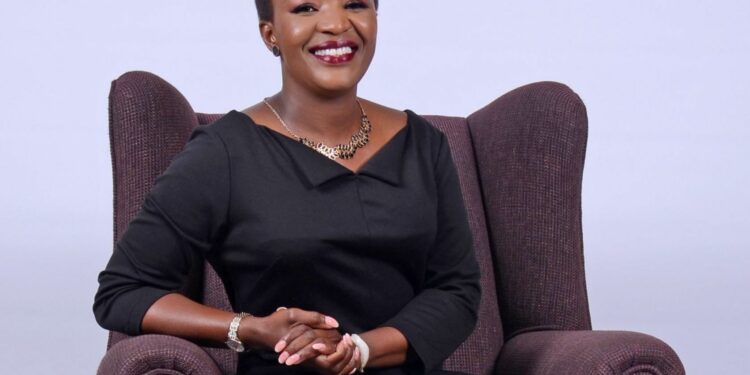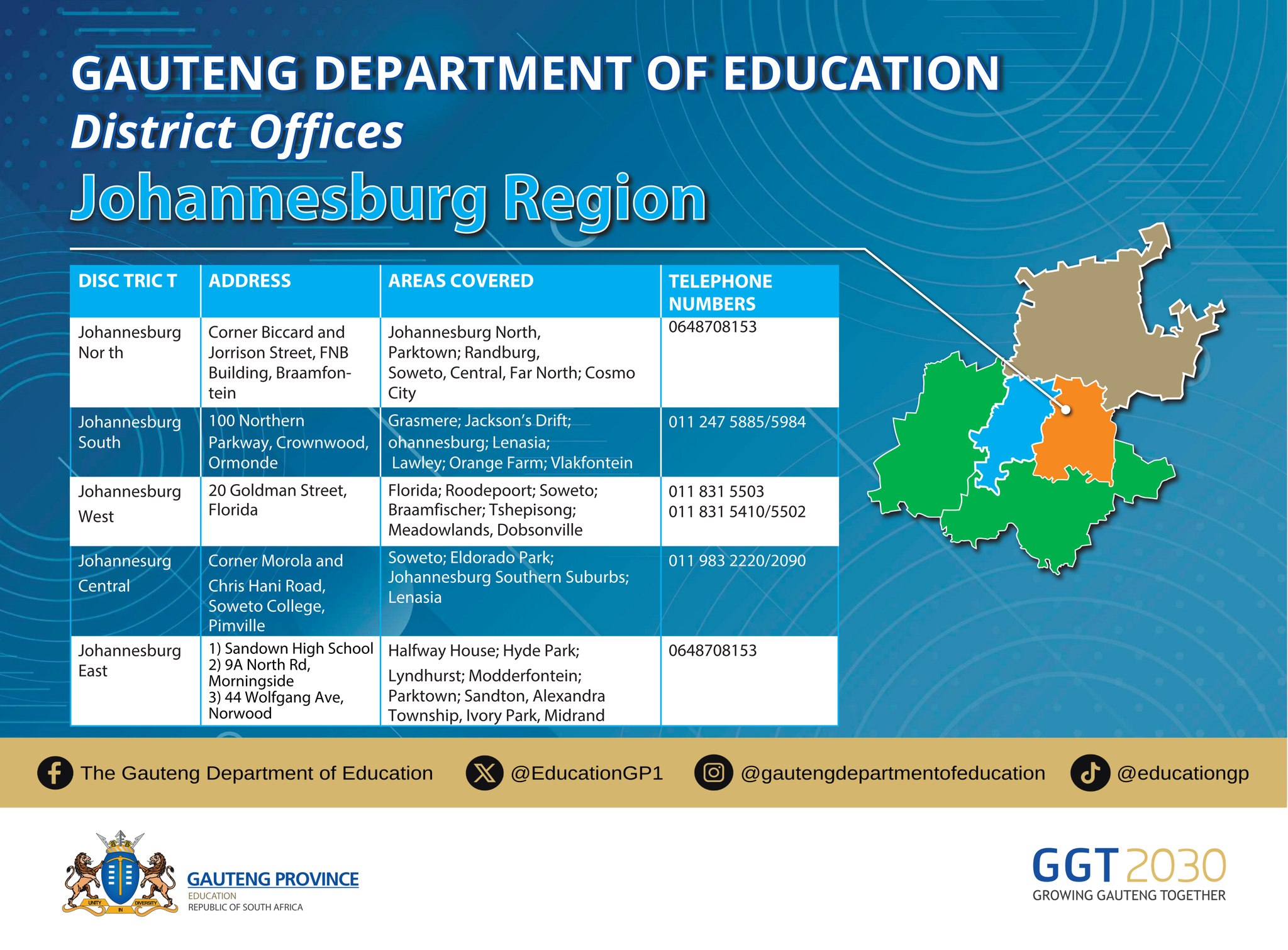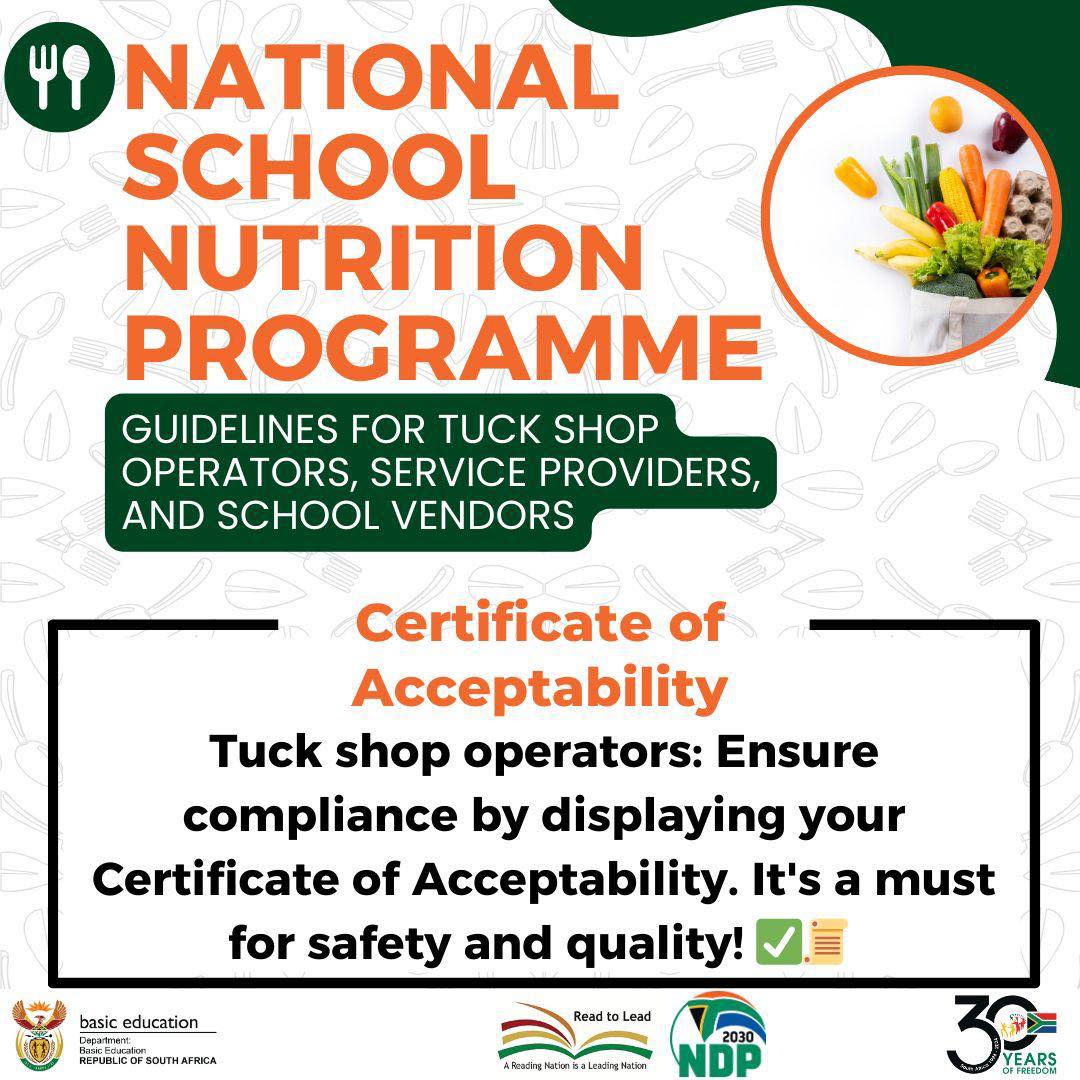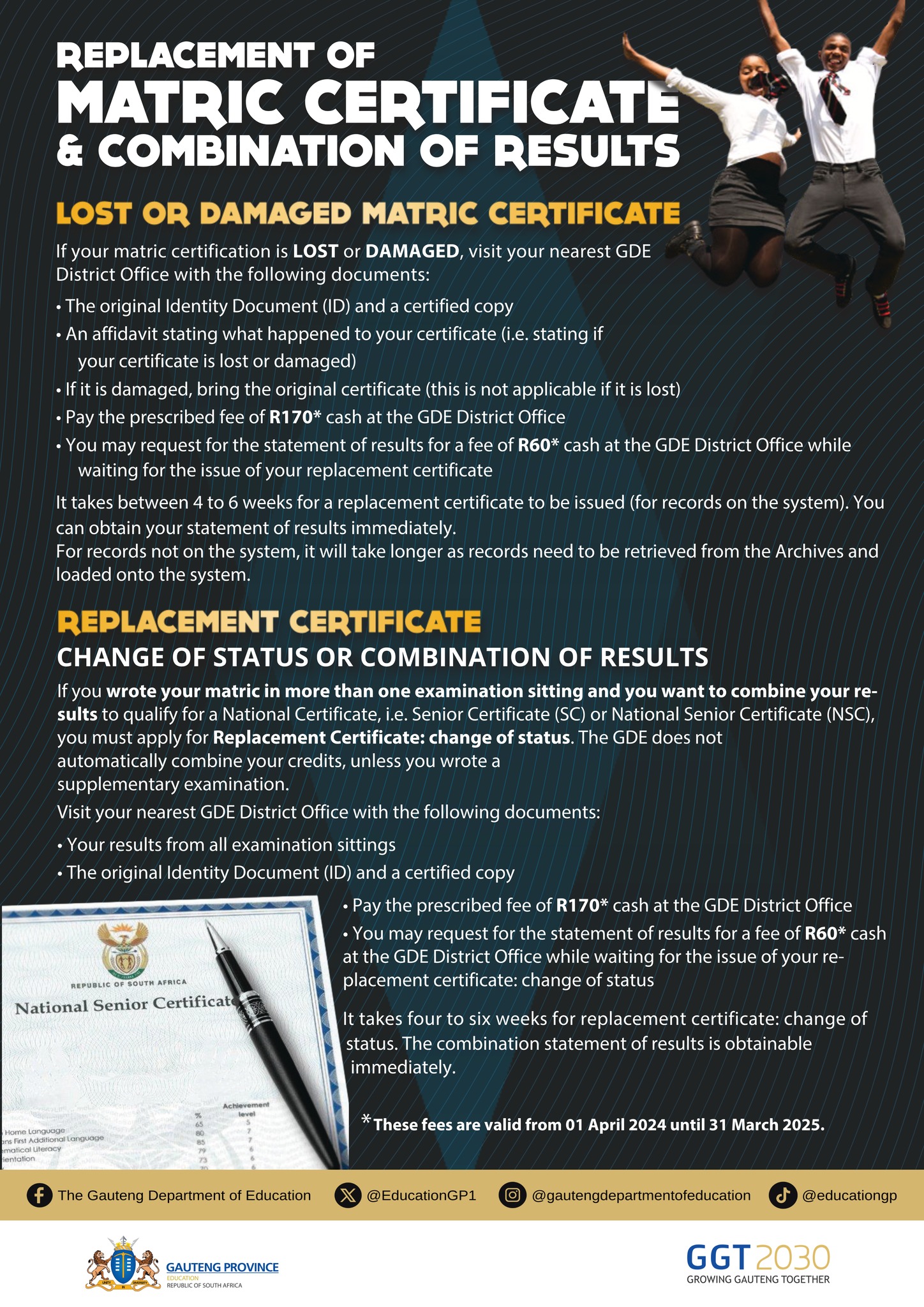By Prof. Busisiwe Mavuso
• Today we launch the B20 in Cape Town, which is expected to involve close to 3,000 business leaders from around the world.
• Separately, the government is leading the ramp up of the G20 agenda, bringing clear opportunities for us as a country. Given the geopolitical turmoil this year has already brought, our hosting of the G20 allows us to build diplomatic relationships with the wider world.
• Growth is the key priority for all of us domestically and last week’s last-minute budget delay is a symptom of the pressures that fall on government when growth is scarce.
• As the cabinet works to finalise a budget, it must stay on course to contain debt and build investor confidence.
Today the B20 officially kicks off in Cape Town, marking the start of a year of global business engagement to set priorities for business in conjunction with the G20. Through eight different task forces, it will develop policy recommendations to promote inclusive growth to be presented to the G20 later this year. It has grasped the baton from Brazil, which chaired the G20 last year.
BLSA and Business Unity South Africa are jointly responsible for the programme of the B20 and I will be working with Busa CEO Khulekani Mathe to lead a local business advisory council to assist the B20. Various senior South African business leaders are heading task forces ranging from trade & investment and sustainable food systems to digital transformation.
Over the course of the year, we expect close to 3,000 business leaders from around the world will be part of the B20. Post this week’s B20 launch, the task teams will get cracking in working toward position papers that will feed into the G20 process later this year. The B20 is an unprecedented opportunity to engage with the world and build our relationships while plugging into the wider G20 agenda to project South Africa’s interests to the global stage. It ensures that South Africa is part of the conversation and that our contributions are recognised.
Separately, the government is leading the ramp up of the G20 agenda, that began last week with the meeting of G20 foreign ministers in Johannesburg. This brings opportunities for us as a country. Given the geopolitical turmoil this year has already brought, our hosting of the G20 allows us to build diplomatic relationships with the wider world. Those relationships underpin international trade and investment to the benefit of all our economies, ultimately supporting growth.
Growth is the key priority for all of us domestically. We are striving toward a goal of 3% growth by the end of the year. That is not an end in itself but enables us to create the employment and generate revenue that we need to deliver on the aspirations of all South Africans.
Last week’s last-minute budget delay is a symptom of the pressures that fall on government when growth is scarce. Without growth, budget choices are far harder, requiring tougher trade-offs to ensure the books can balance. As we noted in a statement, the eleventh-hour budget delay was unprecedented, but will hopefully allow the government of national unity to settle on the compromises that will put the country first and best support growth. Additional revenue is hard to find in an economy where businesses are struggling to grow and generate profits that can be taxed.
There is not much room for the cabinet to move between last week’s aborted speech and the new budget date of 12 March. The detail of spending is already worked out. The fallout over increasing the VAT rate to try and make the books balance can only be resolved in the short term by slashing spending or finding other taxes to raise. But as we’ve now learnt well, many other taxes simply fail to generate the revenue expected, because our tax rates are above world averages so taxpayers simply move their economic activity to other jurisdictions in response.
The temptation of course will be to turn to debt instead. Debt appears to be the easy choice, enabling spending to keep going without raising any new revenue. But in fact, debt is the worst way to go. For the first few years after the Zuma administration, we were in a frightening debt spiral, with the economy not growing and government finances consistently getting worse. Investors saw red lights flashing and took their money elsewhere. Economists estimated that each rand being spent by government resulted in less than one rand being added to the economy because the response from investors was to pull out faster than government was spending. We were on the road to disaster.
Over the last four years, investor confidence has been gradually restored. That is a testament to the clear commitment and discipline of National Treasury. We’ve seen the results in several credit ratings upgrades. Government’s debt has become cheaper to finance, which frees up revenue for expenditure. We are on the cusp of consolidating the benefits of these improvements and furthering the path toward full investment grade. Ultimately, that will lead us to the point we all desire, which is for government to be able to sustainably increase social spending while also improving its financial position, which is possible when we have economic growth.
There are a great many important tasks ahead of us to ensure we do deliver the growth we need, from consolidating our structural reforms to successfully building our global relationships. This week will be important on the latter front, but the important work on structural reforms continues. Our message to the world must be clear, that we are fixing what doesn’t work, improving government’s fiscal position, and ensuring we are growing our economy.










